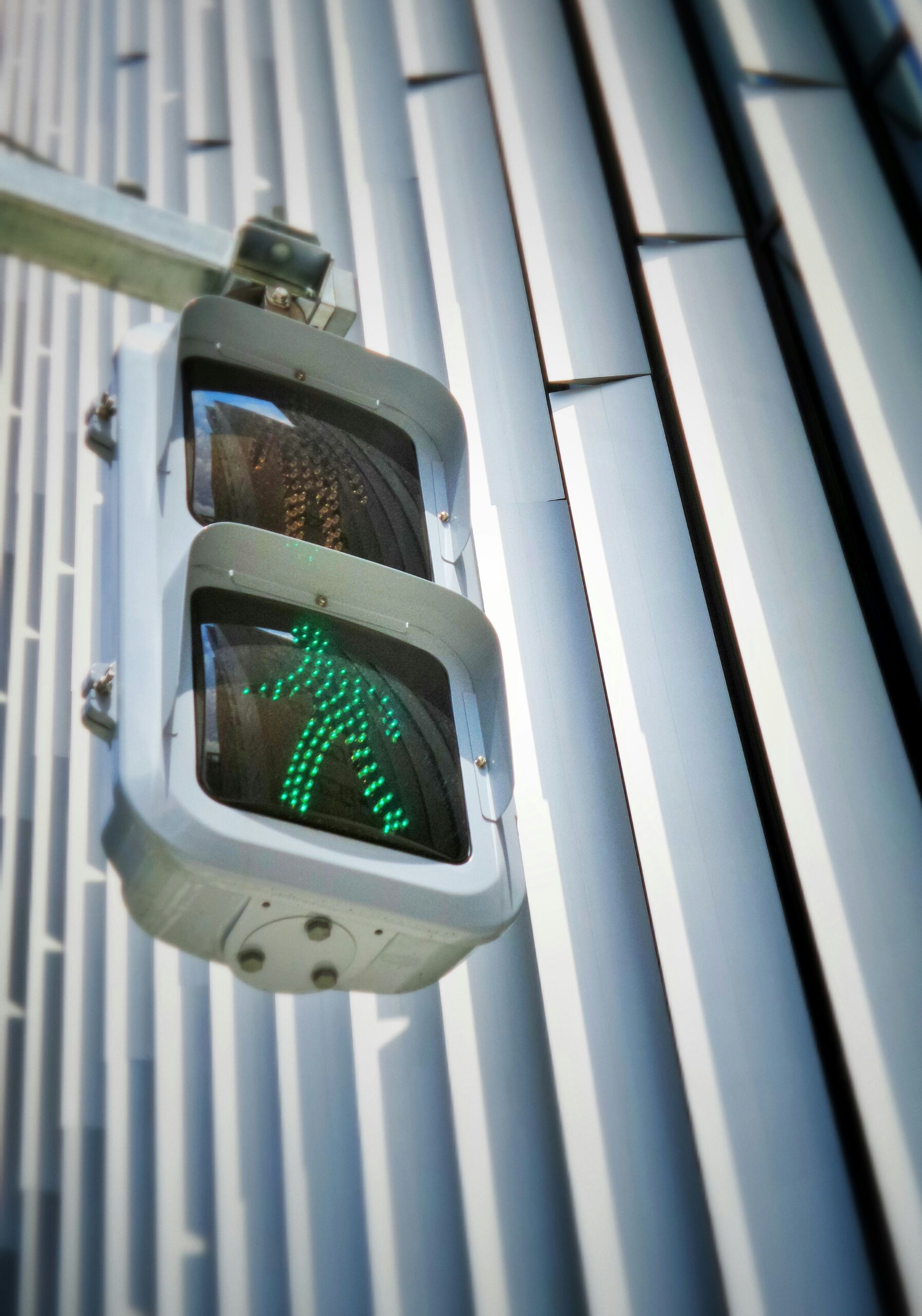Let’s explore the electric bike and scooter rental phenomenon in Japan.

Japan, known for its technological prowess and commitment to sustainability, is embracing a futuristic shift in urban mobility with the widespread availability of electric bikes and scooters for rental. This dynamic trend is transforming the way residents and visitors navigate the vibrant streets of Japanese cities. In this article, we will delve into the electrifying world of e-bike and e-scooter rentals in Japan, exploring the key players, services, and the impact on urban transportation.

The Rise of Electric Bike and Scooter Rentals
As Japan seeks innovative solutions to address urban congestion and reduce carbon emissions, the adoption of electric bikes and scooters has emerged as a pivotal strategy. With the convenience of short-distance commuting and the eco-friendly appeal of electric vehicles, these rental services are gaining popularity in major cities like Tokyo, Osaka, and Kyoto.
Since 2022, it is no longer mandatory to possess a driver’s license to operate electric scooters in Japan, given that the speed does not exceed 15 km/h. Riding at speeds below this limit allows you the option to utilize either the bicycle lane or the car lane. However, if your speed surpasses 15 km/h, a valid driver’s license becomes a prerequisite, and you must exclusively use the car lane.
Currently, the law does not mandate the use of helmets, but it is highly recommended to enhance safety. In practice, it is advisable to bring your own helmet for your personal protection while using electric scooters.
Key Players in the Industry
Several companies are at the forefront of Japan’s electric bike and scooter rental landscape. Notable among them is LUUP, a pioneering service that has successfully integrated sustainable transportation into the daily lives of urban dwellers. Competitors such as EcoRide and OMOYA are also contributing to the growth of the industry, offering diverse options to cater to the evolving needs of users.

Services Offered by E-Bike and E-Scooter Rentals
- User-Friendly Apps: Central to the convenience of these services is the user-friendly smartphone applications provided by rental companies. These apps allow users to locate nearby rental stations, check vehicle availability, and seamlessly unlock and start their rides.
- Flexible Rental Options: E-bike and e-scooter rental services in Japan offer flexible rental durations, accommodating various commuting needs. Whether it’s a short joyride around the city or a longer-term solution for daily commuting, users can choose the duration that suits their requirements.
- Electric Fleet: An essential feature of these services is the commitment to an all-electric fleet. By opting for electric vehicles, users contribute to a reduction in air pollution and greenhouse gas emissions, aligning with Japan’s environmental sustainability goals.
- Safety Measures: Safety remains a top priority, with rental companies providing helmets and actively promoting responsible riding practices. Adherence to local traffic regulations ensures a secure and enjoyable experience for riders.
- Expansion into Suburban Areas: Recognizing the demand for sustainable transportation beyond urban centers, many rental services are expanding their operations into suburban areas. This strategic move aims to make electric bikes and scooters accessible to a broader demographic.



